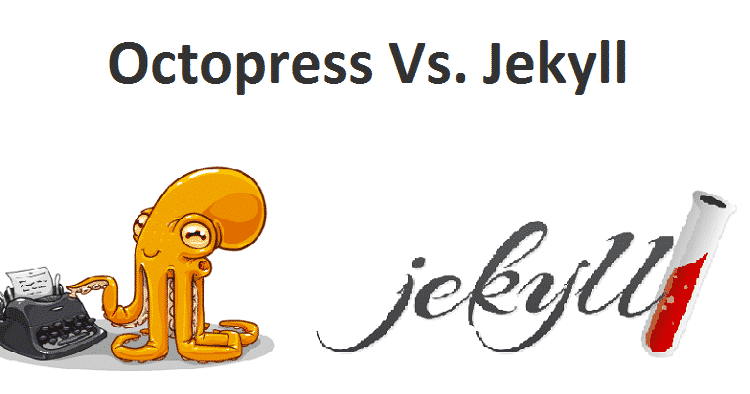Jekyll is a tool which converts your plain text into blogs and static websites. It consists of raw text in various formats. It has inbuilt Markdown and textile support and uses the Liquid templating language. The first release was in 2008 by TOM Preston-Werner. Jekyll is also the engine behind the Github pages it means that Jekyll is used to host the page, website, blog from GitHub’s servers for free. Jekyll is highly flexible and supports front-end frameworks like Bootstrap semantic UI and many others. The site created in Jekyll can be published using cloud based CMS software like CloudCannon or siteleaf, and it allows the content editors to modify the content without having to know how to code. You can hire freelancers who have knowledge and experience in Jekyll.
Jekyll is not a Content Management system. It does not use backend database or API to connect but produces the complete static website ready to serve by Apache HTTP Server, Nignx or another web server. Jekyll generates the site into one bundle with the required assets like the style, image, and fonts. Using Jekyll, you can do everything for your site such as tagging, SEO and search pages with different supported plugins. Just like WordPress Jekyll got a huge collection of free and paid themes. When you edit, it directly changes your website built locally or deploy from the server. By adding custom styles to your Jekyll theme, you can personalize your GitHub Pages site and also change the layout of your theme. The structure of the directory is really simple, and you start with bare essentials and has simple layout and CSS file. The speed of Jekyll is not good as compared to Octopress.
Octopress is a blogging framework for Jekyll, and it has an excellent responsive theme written in semantic HTML5, concentrated on readability and friendliness towards mobile device. It has builtin support for POW and Rack servers. It has beautiful Solarized syntax highlights and simple theming with Compass Sass. It is easy to use because the collection of rake task makes a development simple. You can find freelance jobs online in this sector.
The code of blogging is straightforward, and it embeds code in your posts from gists, jsFiddle or your file system. It has easy deployment strategy using Github pages and Rsync. It has inbuilt support for Pinboard, Delicious, Disqus comments and Google Analytics because of this third party integration is simple. Octopress support a lot of themes, where some are free, and some paid, and these themes help you to convert the existing WordPress site to Jekyll. Some plugins have been just created only for Octopress, and few come from Jekyll community along with improvement and updates.
Octopress support the bootstrap which is very easy to do the regular stuff, navigation bar, models, and tooltip, etc. and with some effort, you get good responsiveness for free. In Octopress you can add sidebars using the asides. If you want to display something on a navigation bar, add new aside files and include it on your layout. If you had the requirement to display certain Posts a featured and has a requirement to show them on all pages, then you need to add ‘featured true’ in YAML front matter of corresponding posts and created an aside as follows and include it in your layout. In Octopress add ‘comment true’ in the post if you want to display your comments. In Octopress you could not edit more than one file, and while making changes, the navigation, sidebar, header, and footer is automatically updated when needed. The site created using Octopress is faster to render for the users and could be cached on the server and even have faster web access than the Jekyll. You can hire freelancers who have knowledge and experience in Octopress.
When you compare the flexibility between the Octopress and Jekyll, then the Octopress is more flexible than Jekyll. Octopress is distributed as a git repository and not as a library. You can complete the specific need of application by easily modifying the code. The sample configuration files of Octopress is simple to understand by referencing the Jekyll wiki.
The main intention behind designing the Octopress is to provide the styling framework, and there are a lot of Jekyll blog which uses an Octopress framework. The framework in Octopress is easier and consumes less time than Jekyll. You can find freelance jobs online in this sector.
Summary:
In this article, you get information regarding what is Octopress and what is Jekyll? You also get the detailed difference between Octopress and Jekyll. Both are the best, but you choose one of them according to your requirement.


